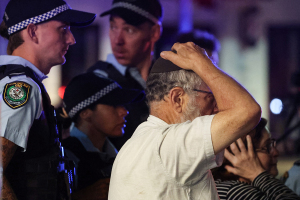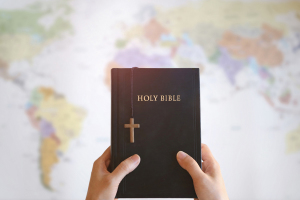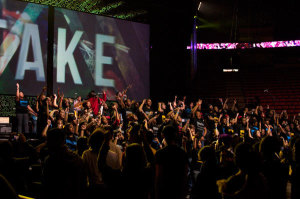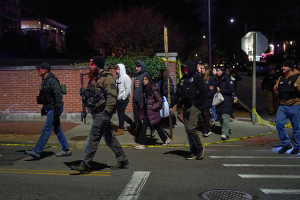Defrocking Methodist Clergy and Orthodoxy's Unending Challenge
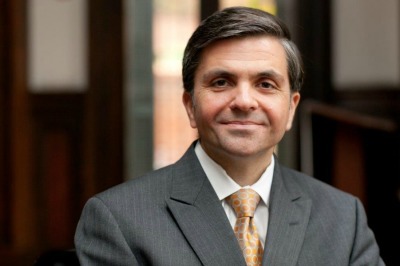
Defrocked United Methodist minister Frank Schaefer, who defied church law against same sex rites, has been reinstated by a church court on a technicality. See John Lomperis's analysis here.
Ironically, had Schaefer been immediately defrocked, the verdict likely would have stood. But the jury had suspended him for 30 days to allow him the chance to disavow further defiance, and his refusal provoked defrocking. Church appeals courts ruled this penalty punished him for future acts.
Schaefer has already quit Pennsylvania, where of course he left his local church in shambles, and now heads a small ministry in the fast declining and ultra liberal United Methodist region in Southern California. Good luck!
Look for more same sex controversies and trials. Over 1000 retired and active United Methodist clergy, out of over 40,000 total, have declared willingness to defy church law on same sex rites. Few have publicly followed through, but more will. They see church law breaking as their only option. Liberals cannot legislatively overturn the church's official teaching because they are losing numbers while the overseas churches, mostly in Africa, and strongly conservative, are growing.
Oddly, defiance over same sex issues provokes church legal disputes. But any United Methodist minister who next Sunday explicitly rejected every sentence of the Nicene Creed would face no serious juridical consequence. To my knowledge, no Methodist minister has been defrocked over doctrine since the 19th Century, and rarely if ever then.
A United Methodist bishop in 2002, in a seminary speech, rejected Christ's eternal deity. Legal complaints were filed against Joe Sprague but there was no church trial. Mercifully, he did retire early and faded from public view. Rejecting orthodoxy in Methodism is nothing new. In 1927, influential Methodist Bishop Francis McConnell of New York, asked: "Is not this tendency to deify Jesus more heathen than Christian?" He was only expressing what was by then conventional opinion in Methodist seminaries.
A poll of Methodist clergy in the 1960s showed most rejecting the Virgin Birth and half rejecting the bodily resurrection. Likely the numbers today are friendlier to orthodoxy. Sex, not doctrine, is now the favored theme for church liberals.
For a century, Evangelicals and other orthodox have operated as a disfavored subculture in U.S. Methodism. The growth of the African church has suddenly made orthodoxy numerically a majority in United Methodism but still on the outs with most U.S. church elites, who remain aligned with the progressive justice cause du jour.
Liberals celebrate their Pyrrhic victories as they preside over emptying churches, while the orthodox too often forget their position of strength and hope for some escape from further controversy. The recent Catholic Synod on the Family, where liberal Western bishops who also preside over emptying churches tried to circumvent Catholic doctrine, which theoretically doesn't change, illustrates there is no escape.
Orthodox Christians, wherever they stand, will face the headwinds of cultural resistance, outside and inside the church. Absent becoming Amish, orthodox Christians have no choice but to contend for the faith, in season and out, no matter the adversity.















